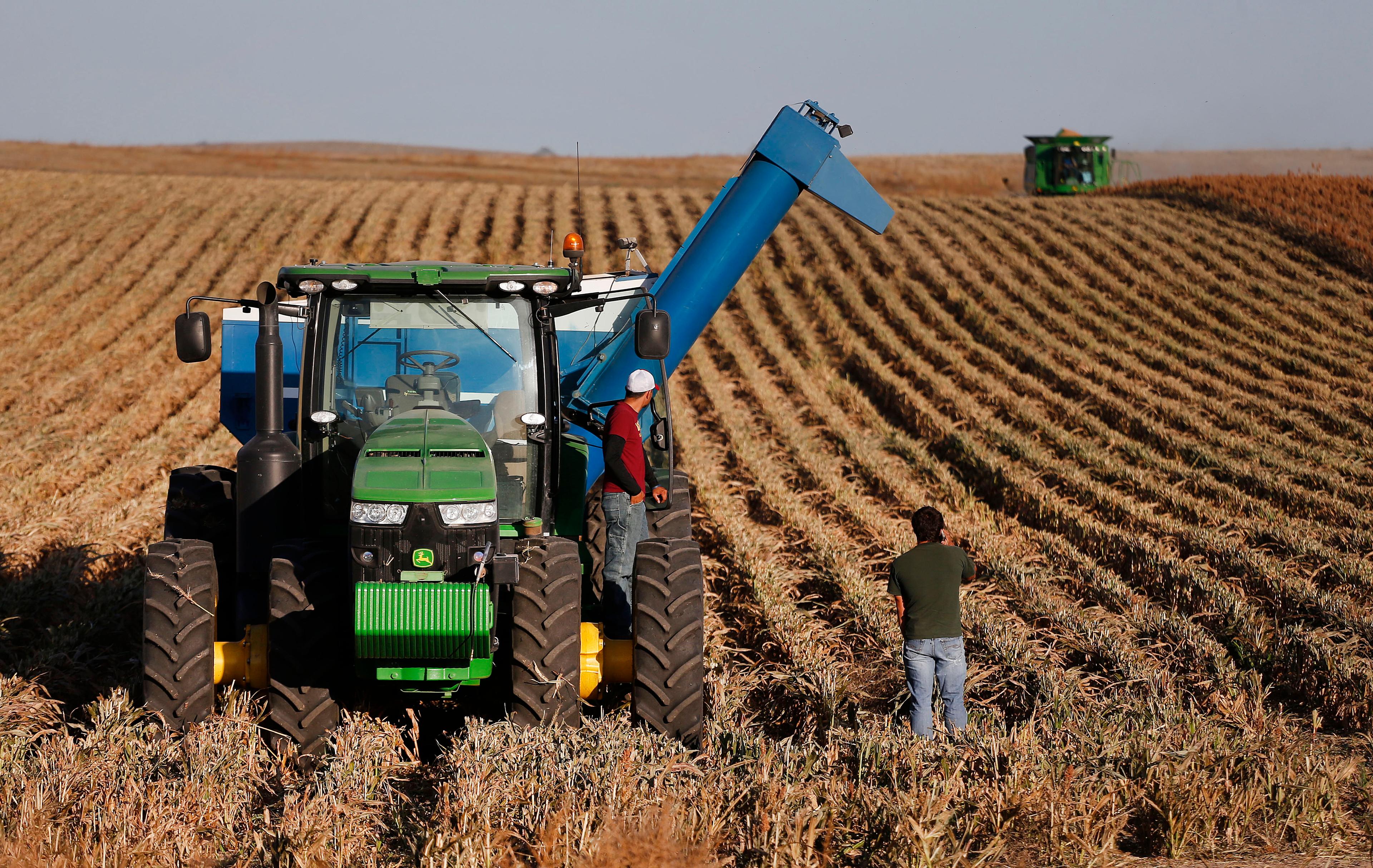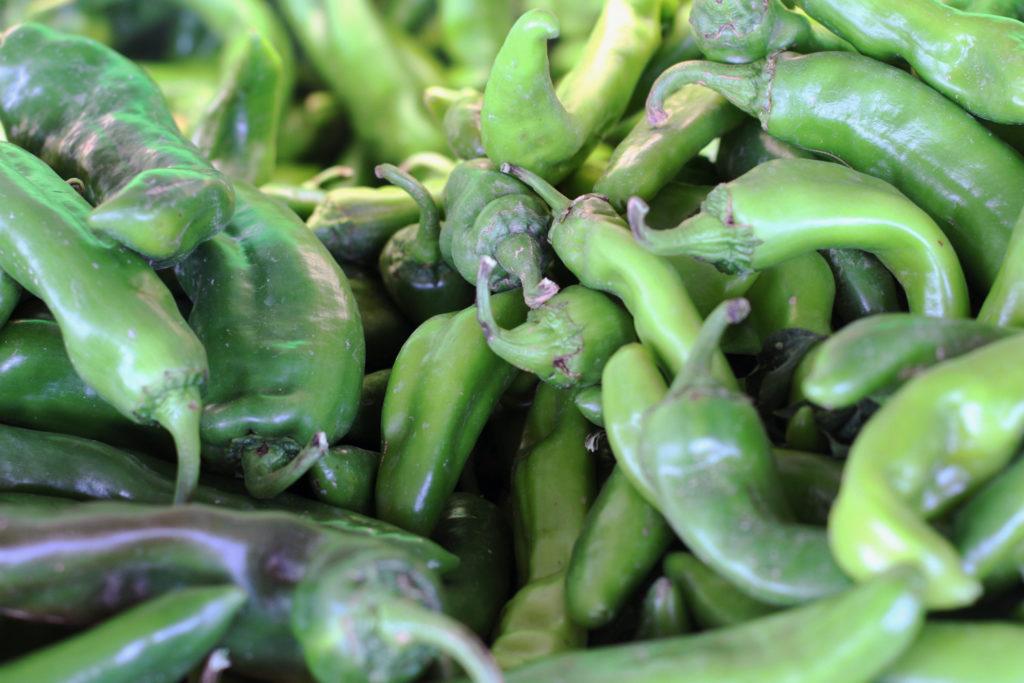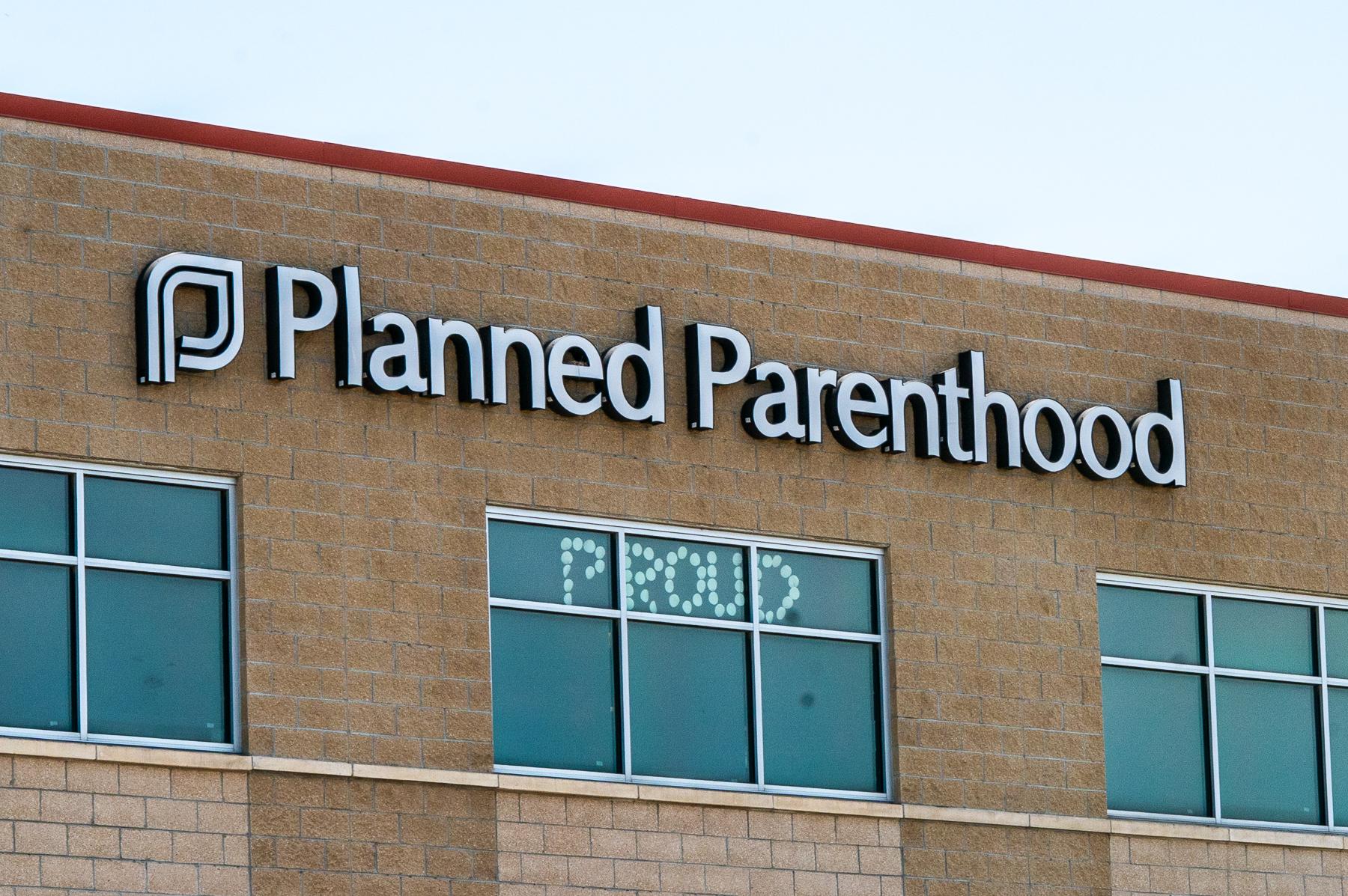
In the San Luis Valley, Brendon Rockey co-owns Rockey Farms with his brother Sheldon Rockey. It’s a third generation farm, and one that has seen a lot of change over the years.
They used to grow potatoes and barley but took out the barley to conserve water. Now, it’s a potato farm, but that’s not the only plant the Rockeys grow. To conserve water and avoid soil erosion, the Rockeys plant ground cover crops, 16 species to be exact. That way when a freeze hits like it did this January, they only lose some of the cover crop. It’s practices like this that allow Rockey Farm to be more resilient in the face of inclement weather.
The practices they use are more sustainable than traditional farming practices and are recommended by climate researchers and government agencies to subvert the effects of climate change. But, Brendon said that scientists’ advice isn’t necessarily going to push farmers like him to change their practices.
“I’ve learned more from other farmers than any other group, and when a researcher gets in front of a group of farmers, and even if their message is identical to what I’m saying, farmers have a hard time hearing that message from somebody who’s not farming themselves because it seems more theoretical,” Brendon said. “But when you get a farmer in front of another group of farmers saying ‘here are the fundamentals and they work because I’m doing them,’ I think that’s when you get the most change.”
Agricultural practices around the world have to change to combat climate change, according to the United Nations Intergovernmental Panel on Climate Change report released Thursday.
This report found that climate change is already impacting people and ecosystems on land, including flooding, drought, wildfires and extreme heat. Meanwhile, changes to land — such as agriculture, deforestation and urban development — are creating a cycle of climate change. The more the climate changes, the land is affected. And the more than the land changes, the more climate is affected. Researchers say that cycle could result in the planet passing an irreversible tipping point.

But, the report is not all doom and gloom. There are solutions that exist now, and those opportunities are motivating for Colorado stakeholders, like Cindy Lair, the state conservation board manager for the Colorado Department of Agriculture.
Currently, 23 percent of carbon emissions are from human-driven land changes, such as agriculture and food production. Lair said that promoting incentives for farmers and ranchers to make positive changes is one step toward mitigating climate change.
“Our farmers and ranchers have been talking about ways that they can be reducing their carbon emissions through different practices. We’ve really been working a lot on promoting cover crops for example,” Lair said.
While the report urges change and warns that reducing emissions from land is essential to meeting the 2030 climate deadline, Lair said that farmers and ranchers may not be able to change that quickly.
“I don’t think the IPCC report is going to change farmers and ranchers minds about they are farming right now,” she said. “I think they are faced with a lot of economic challenges right now. Many of them are not in a position to take anymore risks on their farms.”
Brendon Rockey uses cover crops, he conserves water and he gives talks about his practices to try to educate other farmers. He feels like he’s done all that he can to be “on the right side of this fight,” but he’s frustrated by the lack of sustainable practices happening at other farms.
“If everybody in this valley was farming the same way I was, we collectively would have so much less to worry about,” he said. “But that’s not how it is, and I don’t think it’s a reality.”









